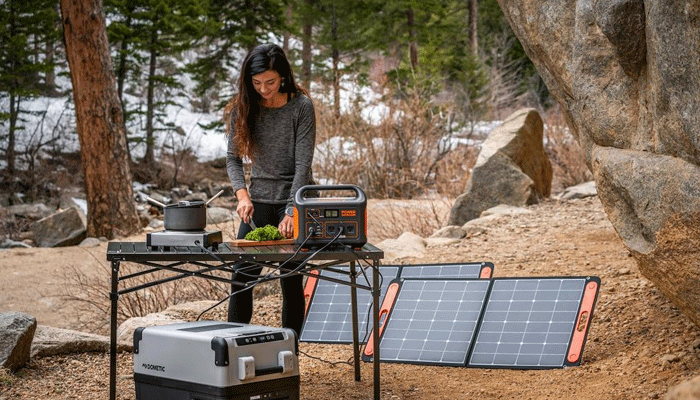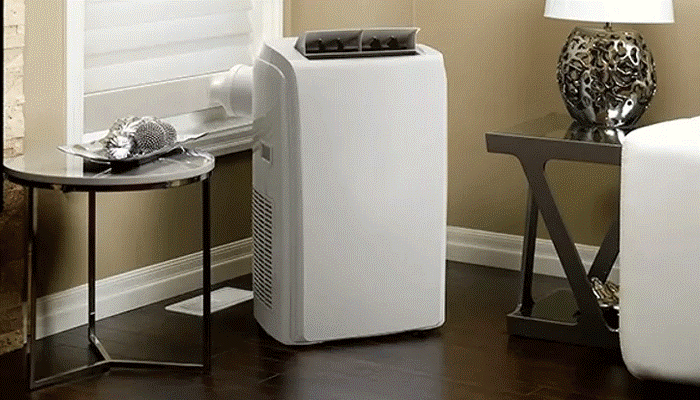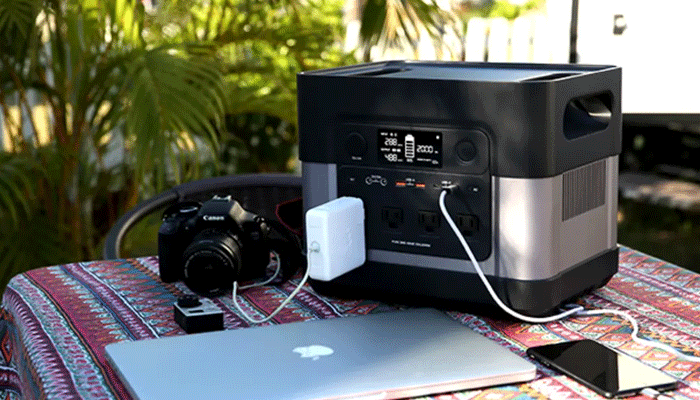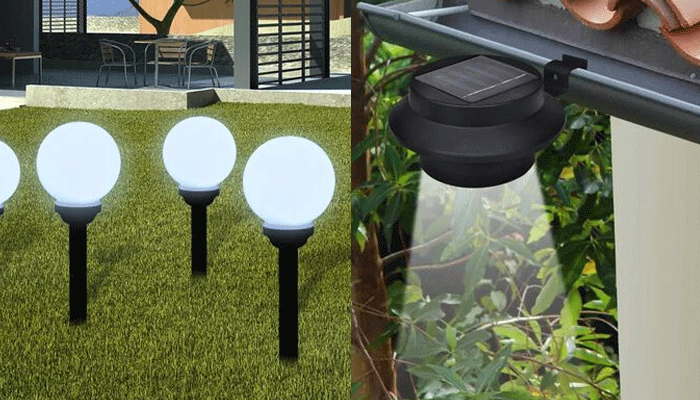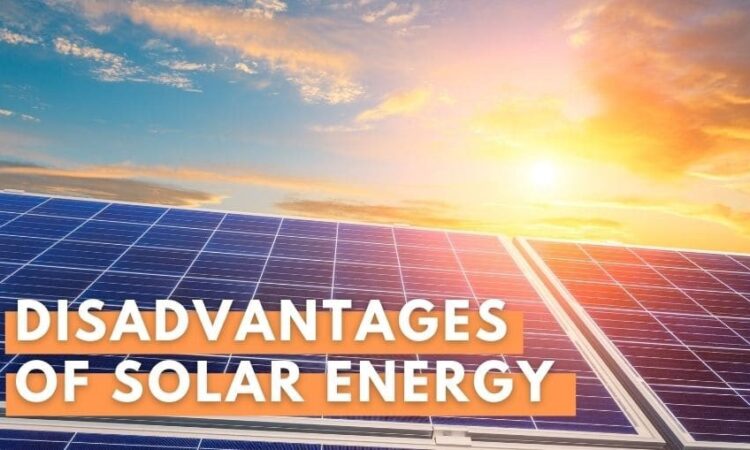
If you’re thinking about using solar power in your home, you may be wondering what the biggest disadvantages of solar energy are. These can include cost, the environment’s impact, and location. Let’s take a look at these issues and how to minimize them.
Costs
Solar energy is a renewable, low-cost source of electricity. Solar energy costs can be as low as two cents per kilowatt hour. According to the U.S. Department of Energy, utility-scale solar electricity costs can be lowered to less than four cents per kilowatt hour by 2030. To achieve this goal, the federal government has announced a $128 million investment to research and develop solar energy technologies.
The cost of a solar energy system depends on many factors, including size, configuration, and component options. The final cost also depends on the labor involved, local permitting costs, and any applicable tax credits or incentives. Solar panel prices vary considerably by state and region. In general, regions with higher electricity usage have better incentives for solar energy.
While the costs of solar energy vary widely by country, they are generally low in the U.S. The costs of large-scale solar systems in the United States have decreased by more than half. The decline in costs has also helped solar grow in popularity in the United States. As a result, the price of large-scale solar systems has fallen by almost 30 percent since President Trump took office.
Benefits of Solar Panel
Solar energy has many benefits over fossil fuels. However, it still has costs to society and the environment. While solar panels produce energy, they still use a significant amount of land for their installation. Solar installations also require water to manufacture the components. The new study estimates that the land required for solar installations in the United States, the European Union, South Korea, and India will be about 5% of the total land mass in 2050.
Businesses can save up to 75 percent of their total energy costs by using solar power. According to EnergySage market data, the average commercial property owner can save up to 75 percent of their energy costs by switching to solar power. The payback period of a solar energy system is typically three to five years. After this period, the savings are profit-generating.
If you’re looking for more affordable solar panels, look no further than Valley Food Storage Discount Codes. Costs of solar energy are expected to continue to fall over the coming years. The Biden administration should help stabilize the solar industry and lower costs. The study authors expect the cost of solar energy to be affordable in much of the United States by 2030.
Cost
The cost of solar electricity has significantly decreased in recent years. The popularity of solar power has also risen. In Germany, where there is a robust government incentive program, solar electricity currently accounts for 1.1 percent of total electricity consumption.
While the cost of solar energy is low, it is not suitable for every home. Savings are affected by several factors such as the amount of roof space, the roof’s tilt and shade, and the utility rate. In addition, the state you live in can affect the amount of money you can save. Generally, eligible homeowners save between 25% and 50% of their electricity bill. For example, if your electricity bill is $150 per month, you can save $11,000 for 25 years by installing solar panels on your roof. Although this estimate is conservative, many homeowners are seeing savings of 40 to 50% or more.
More Efficient
The research team from MIT examined factors that contribute to solar energy’s declining costs. Various low-level mechanisms, such as the manufacturing process and modules, also contributed to lower solar electricity costs. This means that solar cells are becoming more efficient at converting sunlight into electricity. The team’s results show that this trend is likely to continue, and they predict that solar energy will soon reach a point where it is economically viable for all households.
There are many ways to save money on electronic items at Electronics Promotional Code. While the cost of solar energy may be lower than electricity costs, the cost of installation and ongoing maintenance is a large portion of the total cost. For example, installing a rooftop solar panel can cost $13,000 per kW. In most cases, a solar panel will last for 20 years.
Over the past decade, the cost of solar panels has drastically dropped. This is due to a combination of factors including economies of scale along the supply chain, rapid growth in manufacturing capacity, increased production capacity, and green-friendly incentives.
Location
One of the most obvious disadvantages of solar energy is that it doesn’t produce any power when the sun doesn’t shine. This means that it’s not practical for some locations. Another disadvantage is that it’s not always available. Even if the sun does shine, production will drop during the winter months. It also isn’t very efficient. Generally, solar panels are only about 22% efficient. This means that you’ll need a huge surface area to generate enough electricity.
Another disadvantage of solar energy is that it needs a lot of lands. Depending on the type of solar panel you choose, you can choose to be on the grid or off the grid. On-grid solar energy means your house is connected to the state electricity grid, while off-grid means that the solar panel system is directly connected to the sun. Off-grid solar energy is best for rural areas, where the cost of installing power lines is high and power availability is infrequent.
Photovoltaic Panels
Another disadvantage of solar energy is that it’s expensive and limited by the amount of time the sun is out. The good news is that the materials used for photovoltaic panels can be recycled, which reduces the carbon footprint. Despite these problems, solar power is an increasingly cost-effective alternative to fossil fuels and is becoming more affordable in the past decade. There are many high-quality solar panels available at an affordable price at 4wd Supacentre Coupon Codes. The price of solar energy is expected to drop further in the future. And solar energy may prove to be a sustainable energy source for the planet, unlike fossil fuels, which have an expiration date.
Conclusion
The price of electricity is on the rise. Solar energy is a great way to save money, as you can reduce your use of utility-provided electricity. This will lower your monthly bill unless you live in a state with high electricity costs. The high cost of electricity makes it less affordable for some homeowners.



